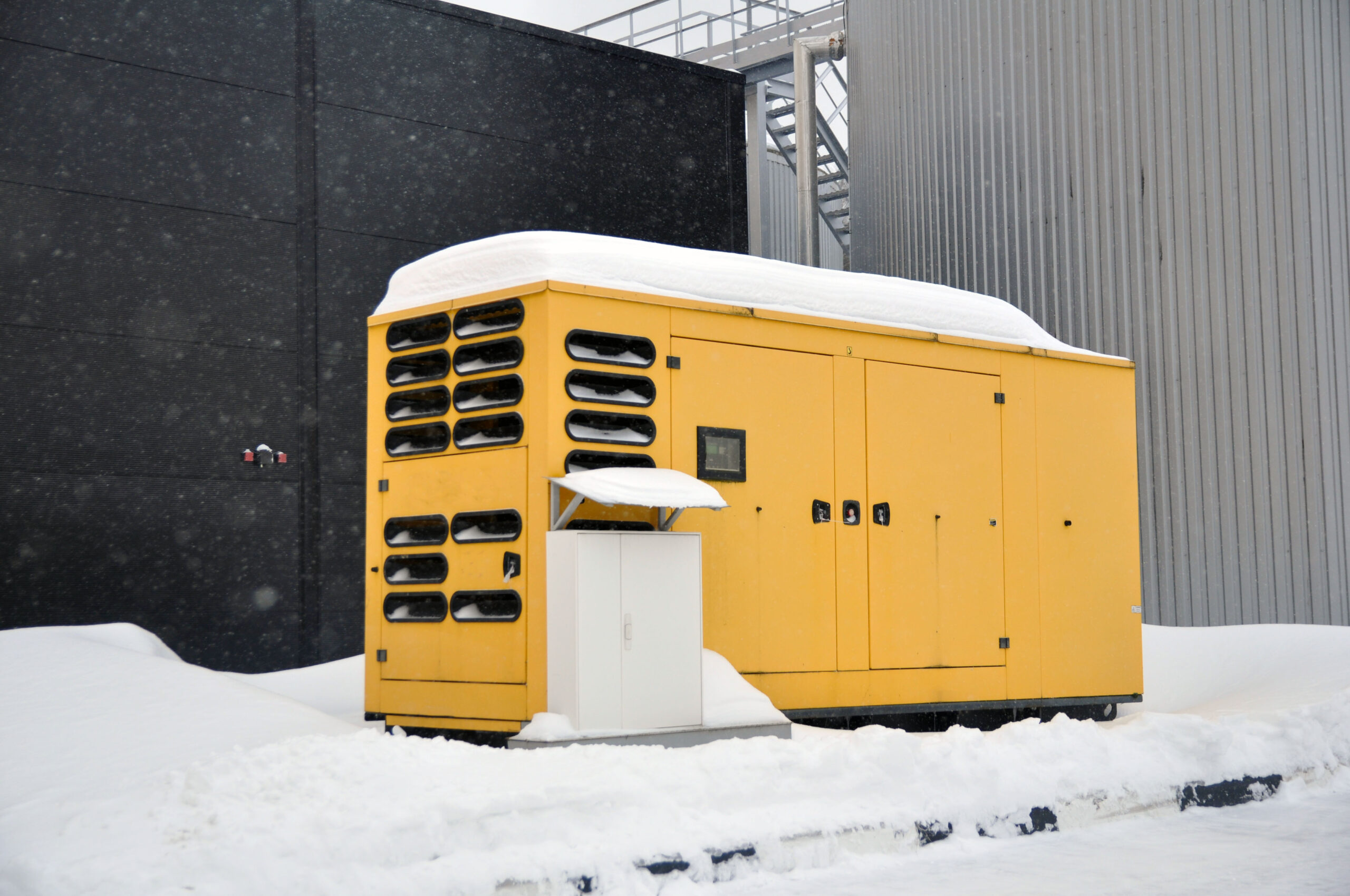Diesel generators are vital assets for many industries, providing reliable power backup during outages or in off-grid locations. However, like any machinery, diesel generators require regular servicing to maintain their efficiency, reliability, and longevity. In this comprehensive guide, we’ll delve into the importance of diesel generator servicing and outline the key steps involved in keeping these power sources in optimal condition.
Importance of Diesel Generator Servicing:
Reliability: Regular servicing helps identify and address potential issues before they escalate into major failures. This proactive approach minimizes downtime and ensures that the generator functions reliably when needed the most.
Efficiency: Proper maintenance optimizes fuel consumption and performance, ensuring that the generator operates efficiently. This not only reduces operational costs but also contributes to environmental sustainability by minimizing emissions.
Compliance: Many industries are subject to regulatory requirements regarding emissions and noise levels. Regular servicing ensures that diesel generators remain compliant with these regulations, avoiding potential fines or penalties.
Safety: Faulty generators can pose significant safety risks, including fire hazards and electrical accidents. Servicing helps detect and rectify safety issues, ensuring a safe working environment for personnel and preventing property damage.
Key Steps in Diesel Generator Servicing:

Visual Inspection: A thorough visual inspection should be conducted regularly to identify any visible signs of damage, leaks, or corrosion. This includes checking the fuel lines, exhaust system, cooling system, and electrical components.
Fluid Analysis: Regular analysis of fluids such as engine oil, coolant, and fuel can provide valuable insights into the generator’s health. This includes monitoring levels, cleanliness, and identifying any contaminants or degradation that may indicate underlying issues.
Filter Replacement: Filters, including oil, fuel, and air filters, play a crucial role in maintaining the cleanliness of the generator’s internal components. Regularly replacing these filters prevents the buildup of contaminants and ensures optimal performance.
Load Testing: Periodic load testing is essential to assess the generator’s capacity to handle its rated load. This test helps identify any performance issues under load conditions and ensures that the generator can meet the demands placed on it during operation.
Electrical System Check: Inspecting the generator’s electrical system, including wiring, connections, and voltage output, helps identify any potential issues that may affect performance or safety. This includes testing voltage levels, frequency, and ensuring proper grounding.
Cooling System Maintenance: Proper cooling is essential for preventing overheating and maintaining the generator’s optimal operating temperature. This involves inspecting and cleaning the radiator, checking coolant levels, and ensuring proper circulation.
Fuel System Inspection: The fuel system should be regularly inspected for leaks, contamination, and proper fuel flow. This includes checking fuel filters, lines, and the integrity of the fuel storage tank.
Governor Adjustment: The governor controls the engine’s speed and ensures stable operation under varying loads. Periodic adjustment and calibration of the governor are necessary to maintain proper engine performance and stability.
Conclusion:
Regular servicing is essential for ensuring the reliability, efficiency, and safety of diesel generators. By following the key steps outlined in this guide, operators can minimize downtime, reduce operational costs, and prolong the lifespan of their generators. Investing in routine maintenance not only protects valuable assets but also ensures uninterrupted power supply when it’s needed the most.

